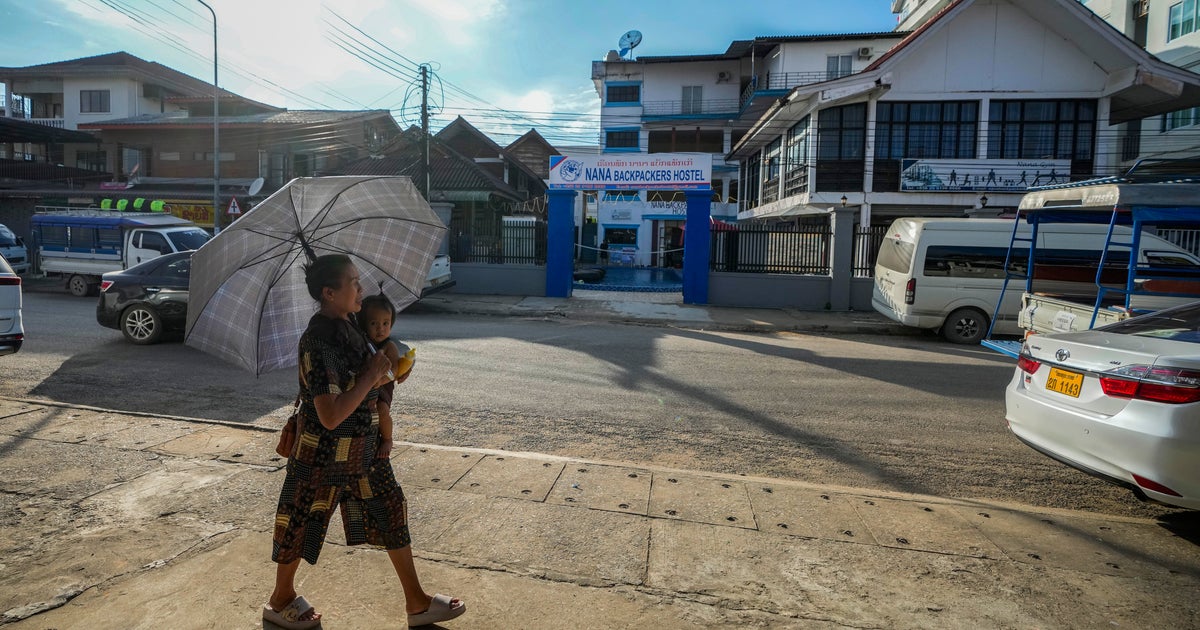China, Russia reportedly agree "countermeasures" to U.S. defense plan
BEIJING -- Chinese state media say Beijing and Moscow have agreed to take “further countermeasures” in response to plans for an advanced U.S. missile defense system in South Korea.
The Xinhua News Agency says the agreement was reached during security talks between the two countries in Moscow on Thursday.
The report gave no details and a Chinese Foreign Ministry spokesman on Friday said only that China has a legitimate right to defend its security interests. The proposed Terminal High-Altitude Area Defense, or THAAD, radar system aims to guard against North Korean missiles.
China has campaigned relentlessly against the deployment, warning of unspecified retaliation and prompting a sharp downturn in relations with Seoul. China says the powerful radar system can peer deep into its territory.
“Relevant countries shouldn’t use Pyongyang’s acts as a pretext to increase their military presence on the Korean Peninsula,” Russian Foreign Minister Sergey Lavrov said in April 2016.
Both Russia and China, North Korea’s now largely estranged ally, see the deployment as exceeding what is necessary to defend against any North Korean threat, and Chinese Foreign Minister Wang Yi said it would “directly affect strategic security of Russia and China.”
That could “add fuel to the fire of an already tense situation and even possibly wreck the regional strategic balance,” Wang said in April.
Their remarks came days after President Obama told CBS News’ Charlie Rose that the U.S. was working fast to position missile defenses in the region.
Mr. Obama said the U.S. military was “spending a lot more time positioning our missile defense systems, so that even as we try to resolve the underlying problem of nuclear development inside of North Korea, we’re also setting up a shield that can at least block the relatively low-level threats that they’re posing right now.”
The president also told Rose that while the U.S. military could “destroy North Korea,” such dramatic military intervention was not in the cards due to the huge “humanitarian cost,” and the fact that “they are right next door to our vital ally, the Republic of Korea.”





